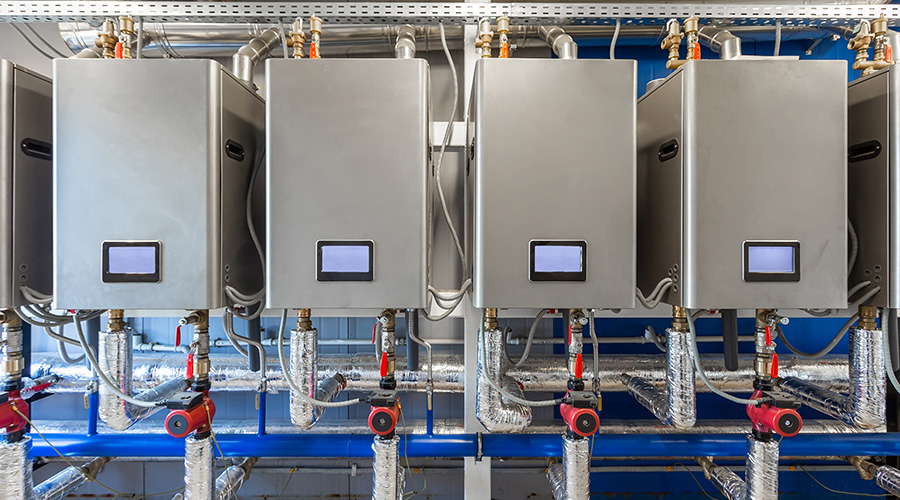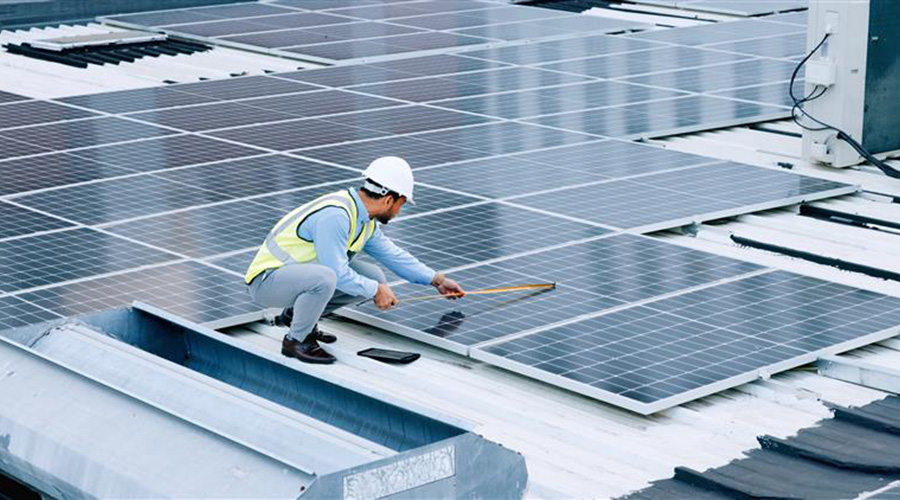Better Tax Treatment for Commercial HVACR Equipment Could Be Part of the Solution, says ARI
Congress should change federal tax policy to make it easier for building owners with older, inefficient heating and cooling equipment to upgrade to newer, more efficient products that employ the latest technology, according to the Air-Conditioning and Refrigeration Institute (ARI).
Congress should change federal tax policy to make it easier for building owners with older, inefficient heating and cooling equipment to upgrade to newer, more efficient products that employ the latest technology, according to the Air-Conditioning and Refrigeration Institute (ARI).
In testimony submitted for the record for a Senate Subcommittee on Energy hearing on "Energy Efficiency Programs," Stephen R. Yurek, president, ARI, requested that Congress enact legislation to modify the tax code to reduce the depreciation period for commercial heating, ventilation, air conditioning, and refrigeration (HVACR) equipment to 20 years as a meaningful way to improve the energy efficiency of buildings. The current depreciation period is 39 years, which does not reflect the normal 15- to 20-year lifespan of this equipment, ARI says.
Yurek explained that reducing the depreciation period for HVACR systems provides an incentive for building owners to upgrade to more efficient equipment by allowing them to expense more of the cost of the system each year. Considering that today’s chillers are 35- to 40-percent more efficient than those installed 20 years ago, a change in the depreciation period could have a significant environmental benefit by contributing to lower energy costs and reduced energy demand, according to Yurek.
The accelerated replacement of inefficient commercial cooling equipment would potentially save 137 trillion Btus per year, enough to power 1.4 million American homes, Yurek said. It also would reduce carbon dioxide emissions by 95 million metric tons by 2015, which is approximately the equivalent of the CO2 emissions released by approximately 16.5 million passenger vehicles.
Yurek also said that accelerated depreciation would provide an incentive for the replacement of an estimated 35,000 CFC-based chillers still in use in North America. Newly-manufactured cooling equipment does not use CFC refrigerant, which has been banned in the United States due to its impact on the stratospheric ozone layer.
Related Topics:











